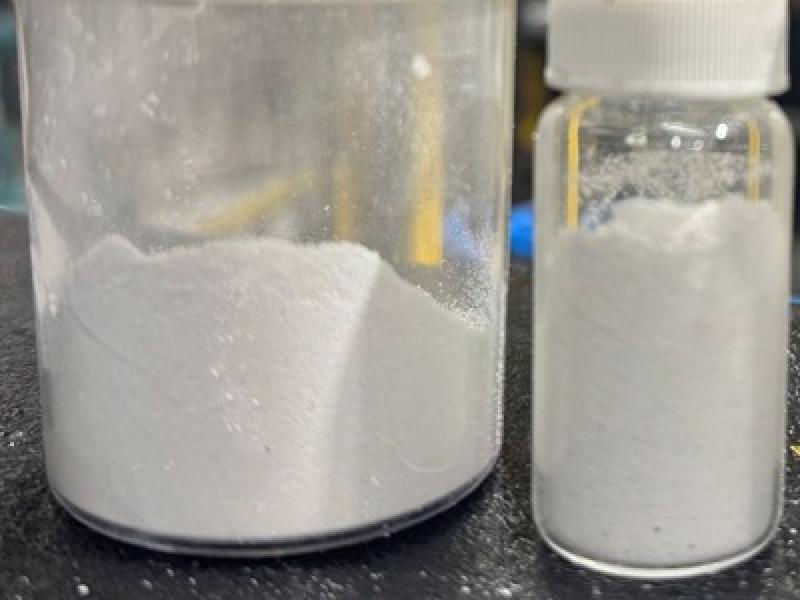
Li-Metal Corp. (LIM-CN) has entered a non-binding letter of intent to sell its lithium metal business for $15 million to an unnamed buyer, with the aim of improving its finances and providing capital for its lithium metal anode business.
"The acquisition of the lithium metal business represents an important milestone as Li-Metal continues to advance the commercialization of its next-generation battery materials," Anthony Tse, Li-Metal’s chairman, said.
"The cash generated by the sale will allow the anode business to scale to support Li-Metal's anode customers as they continue to advance development towards the commercialization of their lithium metal and silicon batteries for high energy density applications."
The non-binding agreement follows previously announced discussions for the potential sale of Toronto-based Li-Metal’s lithium production business.
Li-Metal emphasizes a firm agreement has not been reached and the indicative purchase price may change, or the transaction may not be completed.
About Li-Metal
Li-Metal is a lithium metal anode and technology developer focused on battery applications.
The company claimed to be the first in the world to produce metal from lithium carbonate, skipping a step in conventional lithium metal processing while eliminating chlorine gas emissions.
A concept study for a commercial carbonate-to-metal production site was unveiled by Li-Metal earlier this year.
Its anodes are made more cost efficiently, allowing for more cells to be used in the battery compared to typical manufacturing processes, it says.
In January, Li-Metal announced a partnership with San Jose, Calif.-based lithium-sulphur battery startup Lyten to test its lithium alloy for possible use in Lyten’s battery technology. The lithium-sulphur batteries may deliver more power than conventional lithium cells and weigh less.
Key to the company’s plans in 2024 is development of its commercial anode machine that would significantly raise its anode manufacturing capacity.
Li-Metal CEO Srini Godavarthy previously told Sustainable Biz Canada he hopes to announce partnerships for its metal and an anode production site by late 2024 to early 2025










